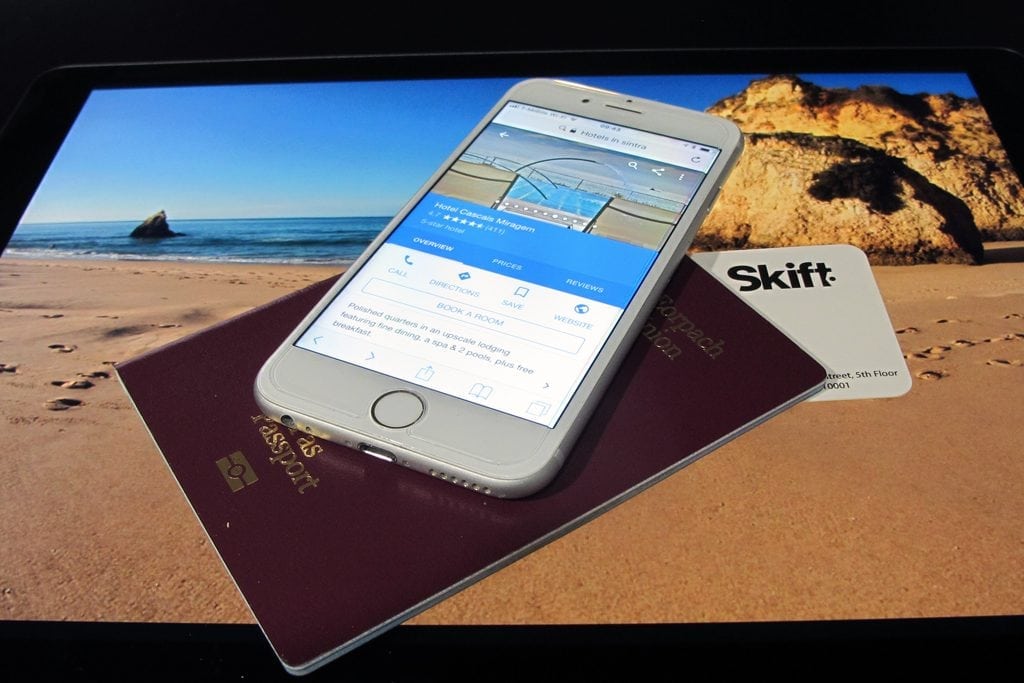A regional consumer affairs agency in Spain fined eDreams Odigeo $23,300 (24,000 euros) for allegedly duping some consumers into buying the company’s much-publicized Prime subscription service.

The General Directorate of Consumer Affairs of the Balearic Islands, which include Mallorca and Ibiza among the better-known islands in the archipelago, levied the fine against eDreams Odigeo based on consumer complaints, finding that the Spain-based online travel company enticed travelers to book discounted flights, for example, but didn’t show prominently enough online that they would also be charged a roughly 55 euro ($53) annual fee for activation of the company’s subscription service, according to multiple published reports.
Edreams Odigeo announced in August that Prime attracted 3.5 million subscribers, after notching its largest ever quarterly growth in April, May and June, namely 560,000 paying members.
The amount of the fine, $23,000-plus is a tiny for eDreams Odigeo from a financial perspective — the company claims to be the #2 flight online travel agency in the world behind Trip.com Group in China — is inconsequential. But the hit to eDreams Odigeo’s brand reputation, which had some trying times several years ago, could be more significant.
The company’a brands include eDreams, Opodo, and GoVoyages, among others.
An eDreams Odigeo spokesperson commented on the regulatory action.
“The resolution proposal by the Balearic consumer authority is not final and we respectfully disagree with it,” the eDreams Odigeo spokesperson said. “Our subscription programme, Prime, is exclusively offered to consumers as an optional service. Users must expressly opt-in to enroll on the programme after confirming they have read the terms and conditions. All the details of the subscription are displayed clearly and upfront, ensuring that no customer joins the programme unknowingly.
“For further transparency, we offer a free trial period to allow consumers to enjoy the benefits of the service at no cost for 30 days. Furthermore, all customers who decide to join the free trial receive an email confirmation that clearly informs them of their subscription and how to easily cancel it online at any time before any charge is made, should they wish to.”
Janis Dzenis, a spokesperson for WayAway, a recently launched travel price comparison service that operates a subscription plan in the U.S., reacted to the news, arguing that such services need to be up-front with travelers.
“One hundred percent transparency about what the consumer is signing up for is a must for us,” Dzenis said. “Subscriptions are a long-term business play and unsatisfied customers could jeopardise your brand. By all means show people a ‘if you were a subscriber you’d get xx percent off this flight’ option, but it has to be completely clear. No surprises.”
The consumer affairs unit of the Balearic Islands, which is an autonomous province of Spain, likewise proposed a euro 24,000 fine against Spanish low-cost-carrier Volotea on similar lack of transparency grounds in inducing sign-ups for its own subscription plan.
“In the case of Volotea, the Consumer Affairs Directorate of Baleares points out that, when simulating buying a ticket for the Menorca-Asturias route, a discount of just over five euros was offered, but at the same time a subscription to the Megavolotea Plan was activated, with a cost of almost 50 euros per year. In the case of eDreams, different discounts entailed the activation of the Prime service, with a cost of 55 euros,” Facua reported.
The consumer affairs agency considers the case against the airline as being in its preliminary stages, and the proceeding against eDreams Odigeo resolved.




